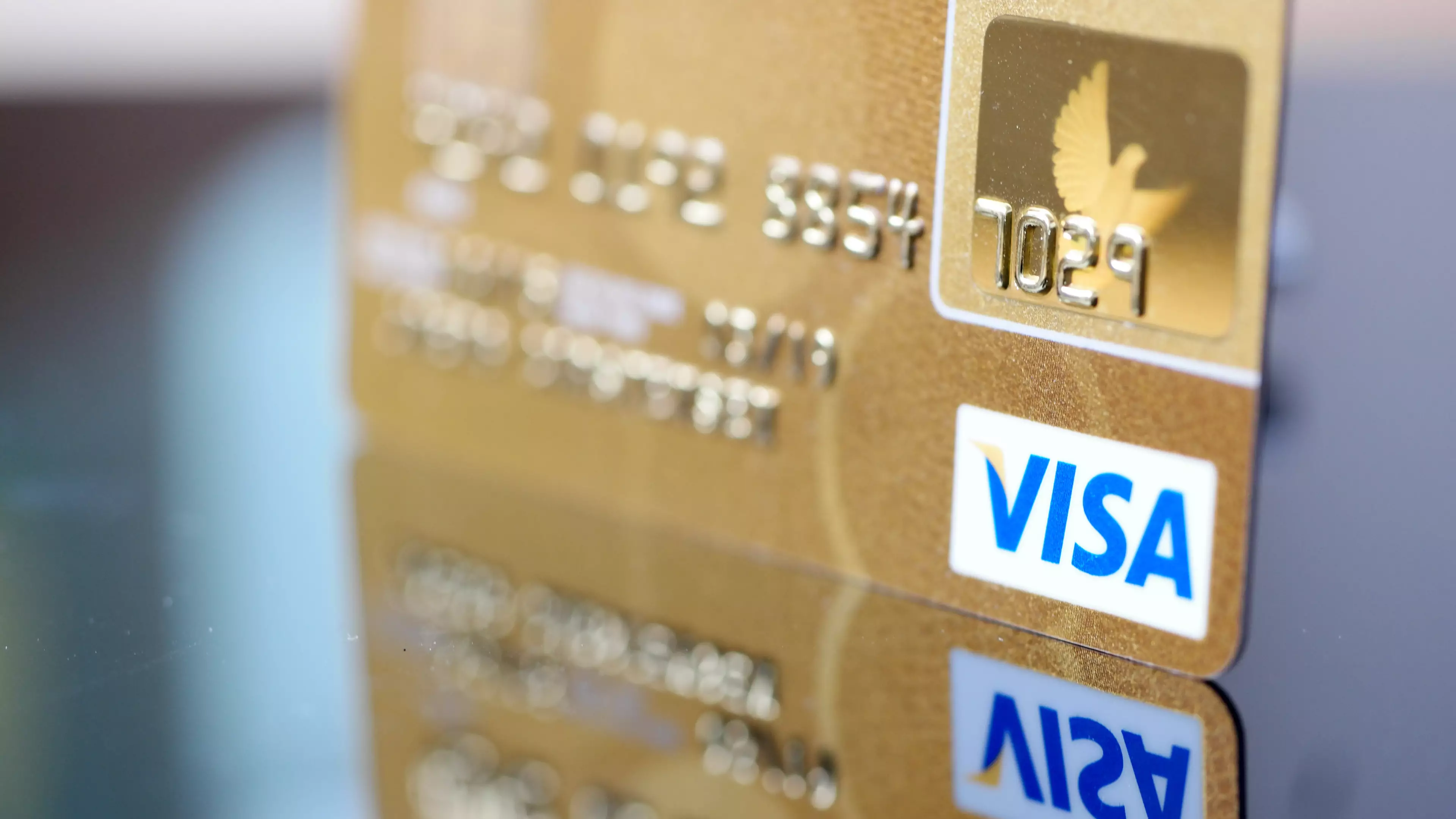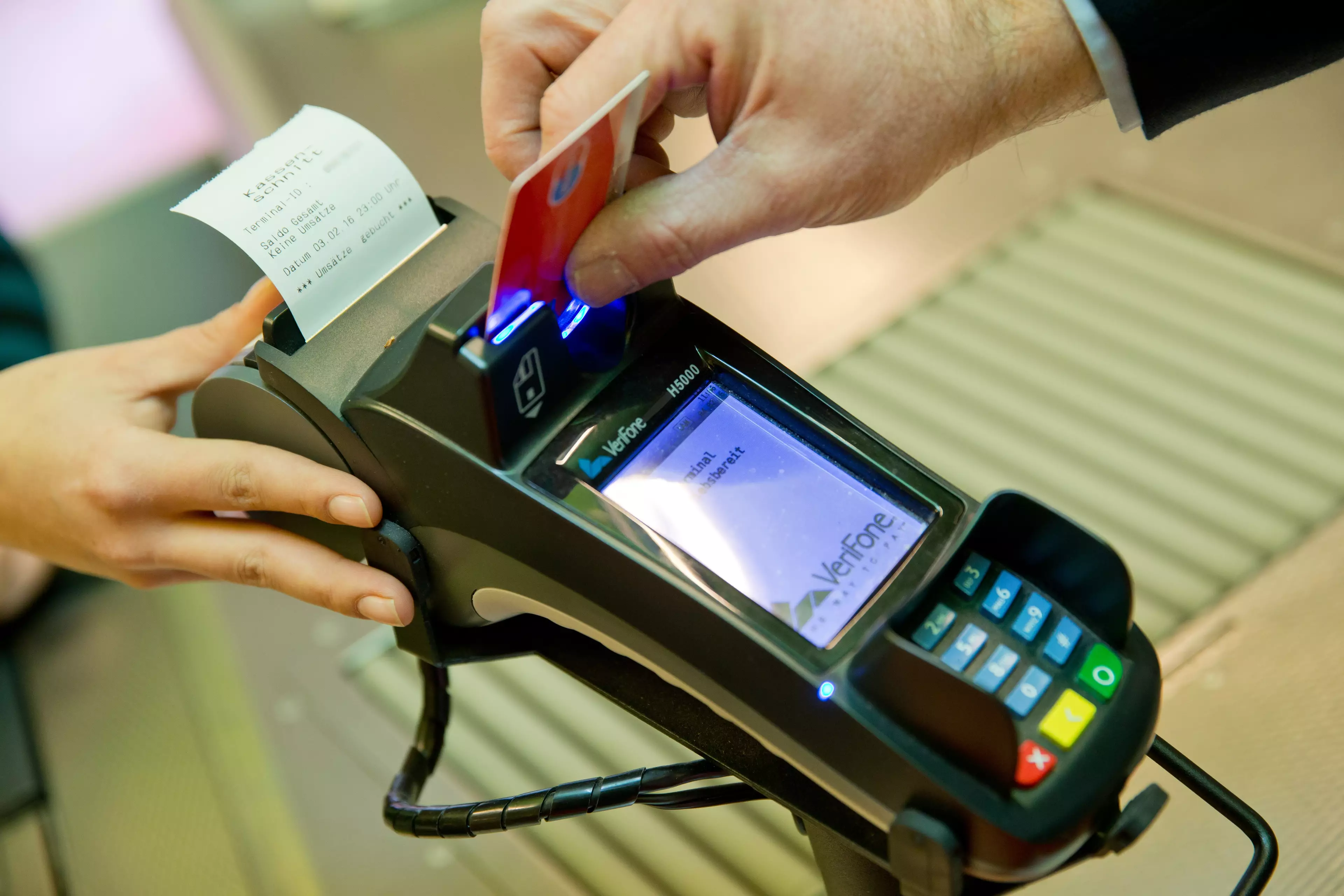
Australia said goodbye to signatures being required for credit card purchases several years ago, and it appears that the now-not-so-trusty PIN could be the next to go.
Visa Australia is claiming that new technologies could soon allow customers to use their thumbprint, voice or retina to authorize payments. The move is all about tightening security, according to Rob Walls, head of product at Visa Australia.
He told the Sun: "Industry research suggests eight out of 10 people are using the same PIN across the majority of their payment cards. In 2020, the average consumer will have more than 200 passwords they have to remember.
That's a lot of passwords, but then again, people are advised to use a different password for each individual login to avoid letting hackers get access to multiple accounts. He says that eight out of 10 people surveyed were using the same PIN across all their payment cards.
Rob adds: "To remove that risk, we can push that authentication to something that's more natural and unique to the consumer, such as a retina scan, a thumbprint or heartbeat."
An operation like that would take months, if not years to implement, as virtually every card scanner across any country would need to be updated to accept the new organic information.
Advert
Rob agrees that we're a while away from scanning thumbs or eyes to purchase our everyday items, saying: "You've got to make sure you cater for every individual in the market as the ecosystem changes. To accept biometrics takes a long time - the point-of-sale terminals, the people manufacturing them, the banks putting them out, and merchants accepting them."

Credit: PA
The technology does indeed add an extra layer of security - just look at smartphones, where virtually all new models have some form of fingerprint biometric scanning. Before that, people would only have a four- to six-digit PIN.
Some mobile devices now allow you to make quick payments through your fingerprint authorisation, but you have to manually set up that service.
An Australian YouGov poll, commissioned by Visa, claims that 40 percent of respondents were happy with the move because it would mean they wouldn't have to remember a PIN or password.
Featured Image Credit: PA